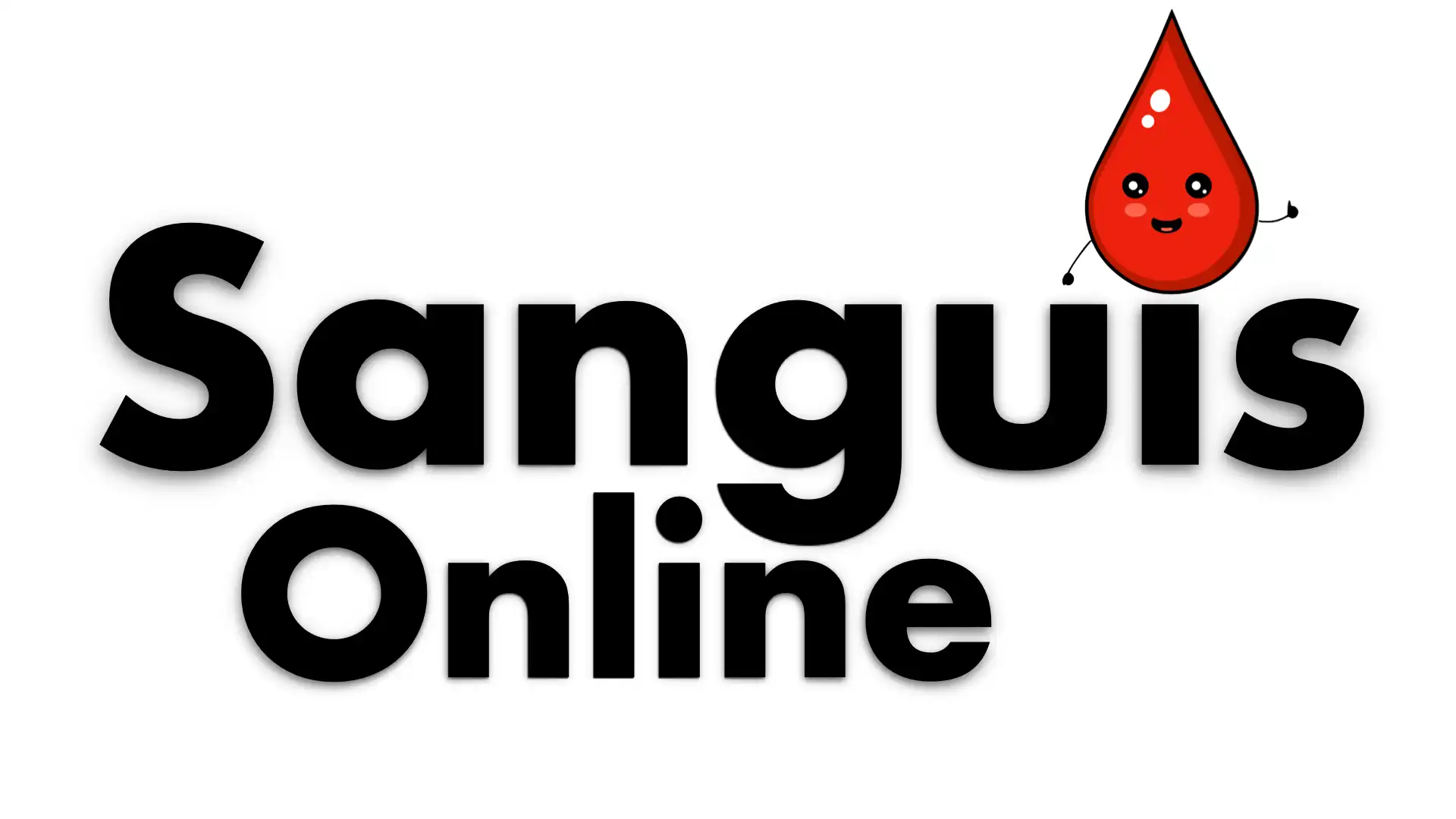


Vitamin A is a fat-soluble nutrient crucial for maintaining healthy vision, supporting the immune system, and promoting cell growth and differentiation. It exists in two primary forms: retinol and carotenoids. Retinol, found in animal-derived foods like liver, eggs, and dairy products, is the active form of vitamin A. Carotenoids, such as beta-carotene, are converted into vitamin A in the body and are abundant in colorful fruits and vegetables like carrots, sweet potatoes, spinach, kale, and mangoes.
Applications: Immunity, Vision, Skin health
Dosage: 250-900mcg
Recommended Source: Vitamin A
Overconsumption: Birth defects when pregnant, Liver toxicity
Contraindications: Pregnancy, Liver disorders
*Please note this link helps us keep our resources free with no ads. Need help finding alternatives? Contact us for assistance at other sites or local stores.
Vitamin B refers to a group of water-soluble vitamins that play vital roles in various bodily functions, including energy metabolism, cell growth, and neurological functions. The B-vitamin complex includes B1 (thiamine), B2 (riboflavin), B3 (niacin), B5 (pantothenic acid), B6 (pyridoxine), B7 (biotin), B9 (folate), and B12 (cobalamin). Natural sources of vitamin B vary depending on the specific B vitamin. For instance, thiamine is abundant in whole grains, nuts, and pork, while riboflavin is found in dairy products, green leafy vegetables, and lean meats. Niacin is present in poultry, fish, nuts, and legumes. Foods rich in vitamin B6 include poultry, fish, potatoes, and bananas. Biotin is found in egg yolks, nuts, and some vegetables, while folate is plentiful in leafy greens, legumes, and citrus fruits. Vitamin B12 is primarily found in animal products such as meat, fish, eggs, and dairy.
Applications: Kidney & Liver function, Inflammation, Blood cells, DNA synthesis
Dosage: B6: 1.3-2mcg | B9: 400-500mcg | B12: 2-3mcg
Recommended Source: Vitamin B6 | Vitamin B9 | Vitamin B12
Overconsumption: Nausea, vomiting
Contraindications: Allergy, Kidney disorders
Vitamin C also known as ascorbic acid, is a water-soluble vitamin that serves as a powerful antioxidant in the body. It is essential for collagen synthesis, wound healing, immune function, and the absorption of iron. Natural sources of vitamin C include citrus fruits such as oranges, lemons, and grapefruits, as well as strawberries, kiwi, guava, and papaya. Other excellent sources include bell peppers, broccoli, Brussels sprouts, tomatoes, and spinach.
Applications: Antioxidant, Immune support, Collagen synthesis
Dosage: 250-2000mg
Recommended Source: Vitamin C
Overconsumption: Gastrointestinal discomfort, Iron overload
Contraindications: G6PD deficiency, Haemochromatosis, Kidney stones
Vitamin D is a fat-soluble vitamin that plays a crucial role in calcium absorption, bone health, immune function, and cell growth regulation. Unlike other vitamins, the body can synthesize vitamin D when the skin is exposed to sunlight. Natural food sources of vitamin D include fatty fish such as salmon, mackerel, and tuna, as well as fish liver oils. Small amounts can also be found in egg yolks, cheese, and beef liver. Additionally, some foods like milk, orange juice, and cereals are often fortified with vitamin D to help increase intake, particularly in populations with limited sun exposure.
Applications: Hormone optimisation, Bone health, Immune function, Inflammation
Dosage: 2000-6000IU
Recommended Source: Vitamin D
Overconsumption: Hypercalcemia, Kidney stones
Contraindications: Sarcoidosis, Renal disorders
Vitamin E is a fat-soluble antioxidant that helps protect cells from damage caused by free radicals. It supports immune function, skin health, and acts as an anti-inflammatory agent. Natural sources of vitamin E include nuts and seeds such as almonds, sunflower seeds, and hazelnuts, as well as vegetable oils like sunflower, safflower, and wheat germ oil. Leafy green vegetables like spinach and kale, along with avocados, are also good sources of vitamin E. Additionally, fortified cereals and whole grains contribute to vitamin E intake.
Applications: Liver function, Antioxidant, Cell protection, Skin health
Dosage: 100-800mg
Recommended Source: Vitamin E
Overconsumption: Increased bleeding risk, Nausea, diarrhea, headache, Prostate cancer risk
Contraindications: Bleeding disorders, Surgery
Vitamin K is a fat-soluble vitamin essential for blood clotting and bone health. There are two primary forms of vitamin K: K1 (phylloquinone) and K2 (menaquinone). Vitamin K1 is found abundantly in leafy green vegetables like kale, spinach, and broccoli, as well as in certain vegetable oils. It primarily supports blood clotting by activating proteins involved in the coagulation process. Vitamin K2, found in animal-based foods such as meat, eggs, and dairy products, as well as in fermented foods like natto and cheese, not only supports bone health but also helps direct calcium away from arteries and soft tissues, preventing calcification and supporting cardiovascular health. By activating proteins that manage calcium distribution, vitamin K2 contributes to maintaining the elasticity and integrity of blood vessels, potentially reducing the risk of arterial calcification and cardiovascular diseases.
Applications: Heart health, Bone health, Inflammation
Dosage: K2: 45-100mcg
Recommended Source: Vitamin K
Overconsumption: Allergic reactions, skin irritation, Jaundice in newborns
Contraindications: Blood thinning medication (eg. warfarin), Liver disorders